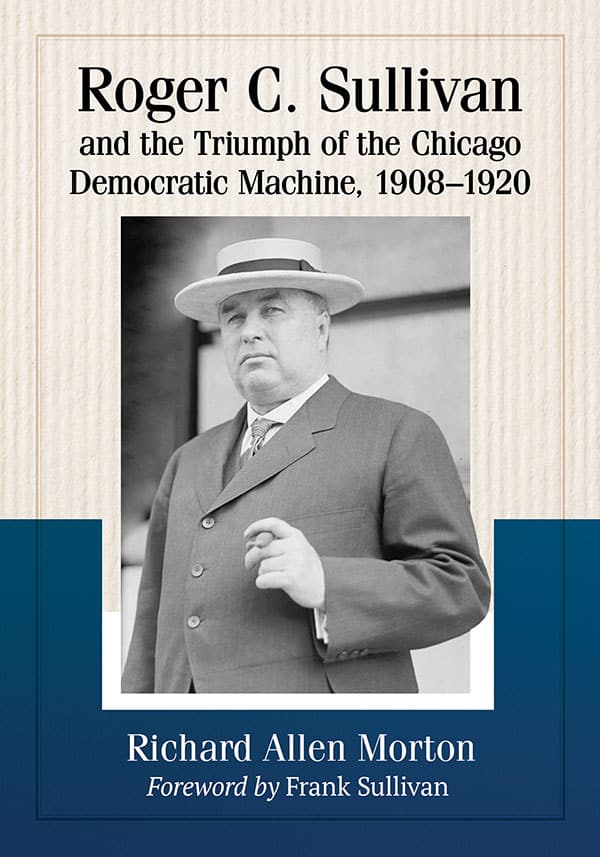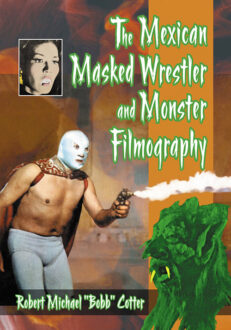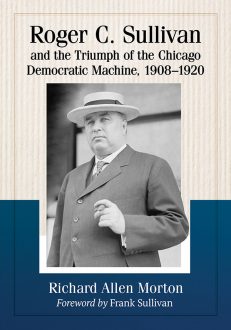Roger C. Sullivan and the Triumph of the Chicago Democratic Machine, 1908–1920
$39.95
In stock
About the Book
Between 1908 and 1920, Roger C. Sullivan and his political allies consolidated their control of the Chicago and Illinois Democratic parties, creating the enduring structure known as the “Chicago Democratic machine.” Not a personal faction nor tied to any cause, it was a coalition of professional political operatives employing business principles to achieve legal profit and advantage.
Sullivan was its chief organizer and first “boss,” rising to primacy after many political battles—with William Jennings Bryan, among others—and went on to become a kingmaker who helped Woodrow Wilson win the presidency. By the time of his death, Sullivan was widely respected, his achievements recognized even by those who deplored his politics.
Based upon new research, this first comprehensive study of Sullivan and the early days of the Chicago “machine” focuses on the daily realities of the city’s politics and the personalities who shaped them.
About the Author(s)
Bibliographic Details
Richard Allen Morton
Format: softcover (7 x 10)
Pages: 225
Bibliographic Info: 36 photos, notes, bibliography, index
Copyright Date: 2019
pISBN: 978-1-4766-7501-5
eISBN: 978-1-4766-3450-0
Imprint: McFarland
Table of Contents
Acknowledgments vi
Foreword by Frank Sullivan 1
Preface 3
Introduction: “The Benevolent Boss” (April 1920) 5
1. Before (1861–1908) 13
2. The “most vilified man in public life in Chicago” (1908) 24
3. “I am not a boss” (1909–1910) 42
4. The Battle of the Seventh Regiment Armory (1911–1912) 58
5. Roger C. Sullivan and the Democratic Convention (1912) 82
6. “A Man of Belial” (1913–1914) 102
7. The Triumph of the Chicago Democratic Machine (1915–1916) 125
8. “Grand Dukes and Bolsheviki” (1917–1919) 146
9. “Time for younger men” (1919–1920) 164
Afterword: The House Sullivan Built (1920–1955) 176
Chapter Notes 185
Bibliography 203
Index 213
Book Reviews & Awards
Superior Achievement—Illinois State Historical Society






